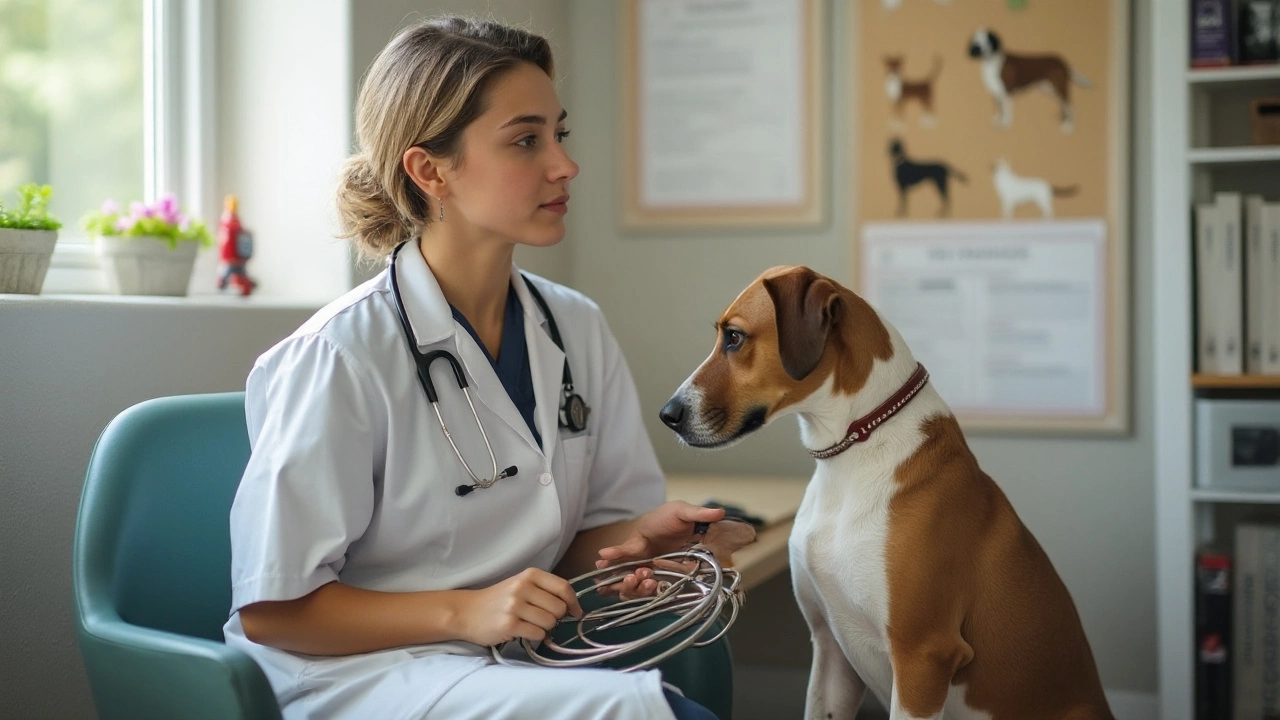Veterinarian Advice: Real‑World Tips for Keeping Your Pets Healthy
When it comes to our four‑legged friends, the right advice can make the difference between a happy, healthy pet and a trip to the vet. Below you’ll find straightforward, vet‑backed guidance on everything from food choices to travel safety. All the tips are written in plain English so you can apply them today without digging through jargon.
Nutrition and Supplements Made Simple
Ever wonder if pumpkin is good for dogs? A small amount can help with digestion, but too much may cause loose stools. The same rule applies to any new treat – start with a teaspoon, watch your dog’s reaction, and adjust as needed.
Supplements are another hot topic. Fish oil and salmon oil both provide omega‑3s, yet salmon oil typically has a higher concentration. If you decide to add a supplement, choose one that lists the exact EPA and DHA amounts and avoid products with unnecessary fillers.
For cats, dry kibble can be convenient, but watch out for ingredients like artificial colors or excessive grain. Look for foods that list a real meat source first and keep the ingredient list short.
Vaccinations, Vet Visits, and Everyday Safety
Pet vaccinations aren’t just a one‑time thing. Puppies need a core series of shots every 3‑4 weeks until they’re 16 weeks old, then a booster at one year. Adult dogs and cats should get a yearly booster for core vaccines and may need annual checks for diseases common in your area.
Travel can be stressful, but a few simple steps keep it safe. If you’re flying with a dog, most airlines require a recent health certificate and a well‑ventilated carrier that meets size guidelines. Some carriers even have a breakaway collar option to prevent choking.
At home, consider whether your dog’s collar should be on all day. A breakaway collar is a good choice for indoor use because it releases under pressure, reducing the risk of neck injuries if the dog gets caught on something.
Finally, remember that small changes can prevent big problems. Covering a puppy’s crate at night can provide a cozy den‑like feel, but make sure there’s airflow and the blanket isn’t too heavy. A blanket can help some pups sleep better, yet others may overheat.
These vet‑approved pointers are a starting point for a healthier, happier life with your pet. Keep them handy, revisit the list as your pet ages, and don’t hesitate to ask your vet for personalized advice.
- Morgan Ainsworth
- 0 Comments
Collar vs Harness: What Do Vets Really Recommend for Dogs?
Curious if vets recommend collars or harnesses for walking dogs? Get the facts on comfort, safety, and health, so you can make the best choice for your furry friend.
View More- Morgan Ainsworth
- 0 Comments
Do Veterinarians Advocate the Use of Prong Collars for Dogs?
Prong collars are a contentious tool used in dog training. The veterinary community is divided in its stance, with some advocating for their use under professional guidance, while others warn about potential harm to a dog's physical and emotional well-being. This article explores the roles of prong collars, how they are viewed by veterinarians, and provides guidance on safe and effective dog collar options.
View More

